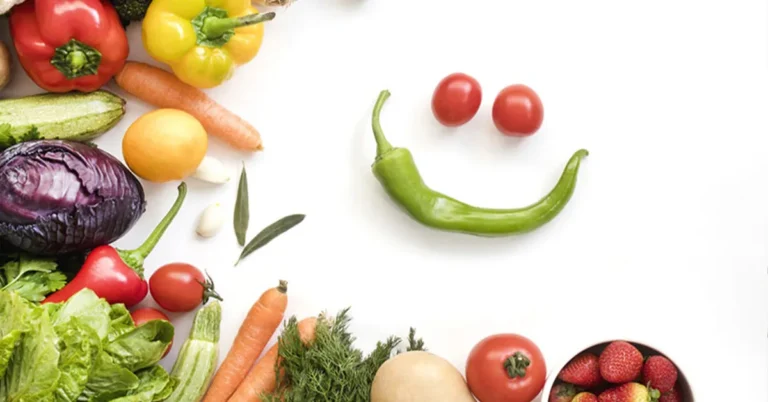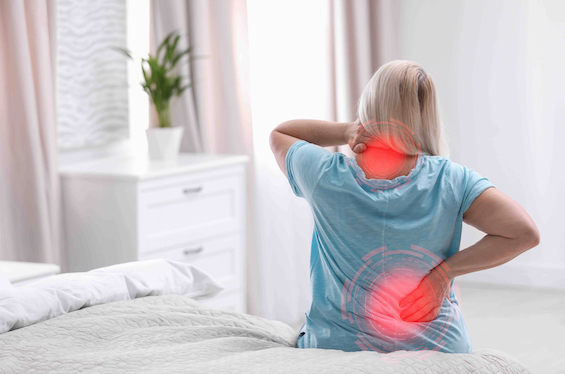Nutrition advice from an Edinburgh Physiotherapist
As an Edinburgh Physiotherapist it is important to be able to point patients to the best advice for their health and injury recovery plan.
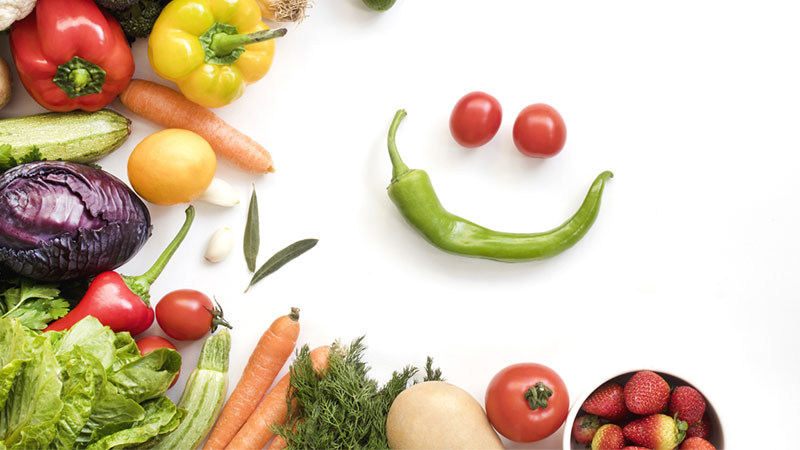
Nutrition is an important aspect of health and injury recovery. Eating a variety of healthy foods is very important for your wellbeing. A poorly- balanced diet can compromise your health. Use the Eatwell guide from the British Dietetic Society website to ensure your diet contains the best balance of foods from each group.
• Potatoes, bread, rice, pasta and other cereals, especially wholegrain provide fibre and energy. Try to include low GI (Glycaemic Index) foods, such as oats and wholegrains, which slowly release energy, helping to keep your energy levels stable. Eat a portion at every meal. If you are less active, you will use fewer calories, so choose healthier types over those high in added sugars and fats.
• Fruit and vegetables. Aim to eat more- 5+ portions a day.
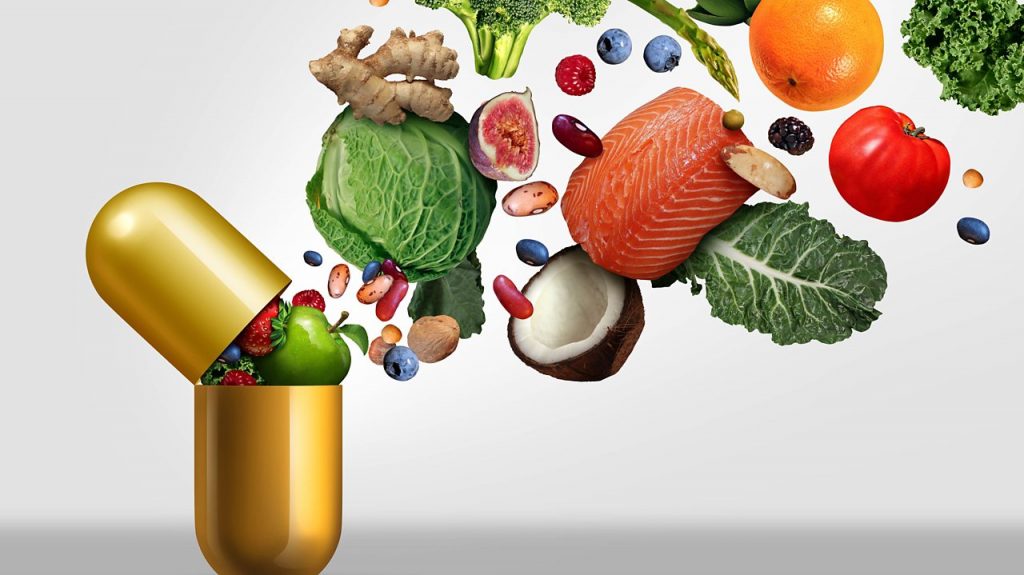
• Beans, pulses, fish, meat, and eggs. These provide protein. Eat two portions a day. Eat more pulses and beans, and fish, and less processed meat, such as ham, sausages and burgers. Nuts also provide a nutritious snack, or addition to a salad or cereal.
• Dairy and alternatives. An important source of calcium for good bone health. This includes milk, cheese, yoghurts and calcium-enriched milk alternatives, such as soya based products. Note: not all milk alternatives, particularly organic ones, are calcium-enriched.
• Fluid. It is important to have a good fluid intake, 6-8 mugs / glasses per day is a good goal. Having too little fluid can lead
to headaches, constipation and reduced alertness. Any type of fluid such as squash, juice, water, tea and coffee all count towards this. But remember tea and coffee are diuretics (make you go go to the toilet more) and can adversley affect your sleep patterns.
Eating a little and often may help your symptoms. For example, have three smaller meals daily, with the addition of three snacks in between.
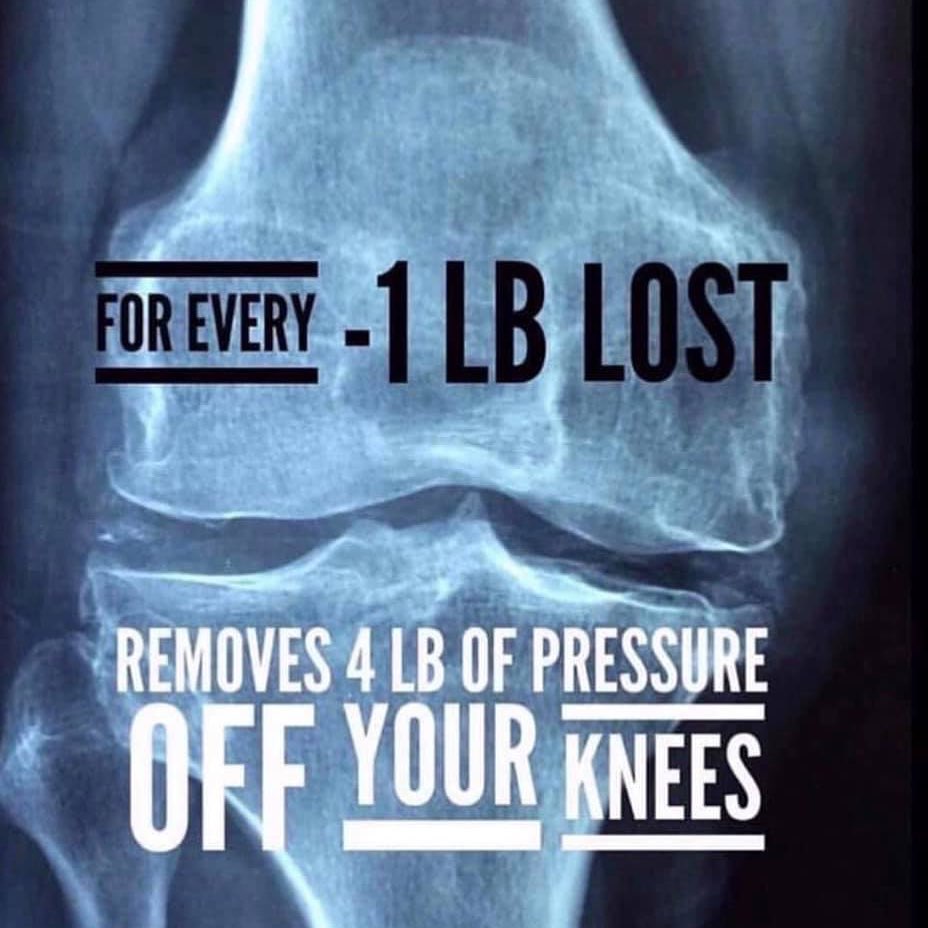
If you are required to lose or gain weight then please speak to a dietitian for more information.
If you have pain from an inflammatory condition, please check out this video on an anti inflammatory diet:
(7) #066 Anti inflammatory food diet for chronic inflammation, chronic pain and arthritis – YouTube
Great advice from our colleagues at IPRS.
For further information please visit the British Dietetic website. https://www.bda.uk.com/food-health/food-facts.html
If you would like a balanced rehabilitation plan to improve your health or recover from injury or illness. Then give us a call on 0131 478 4646.
